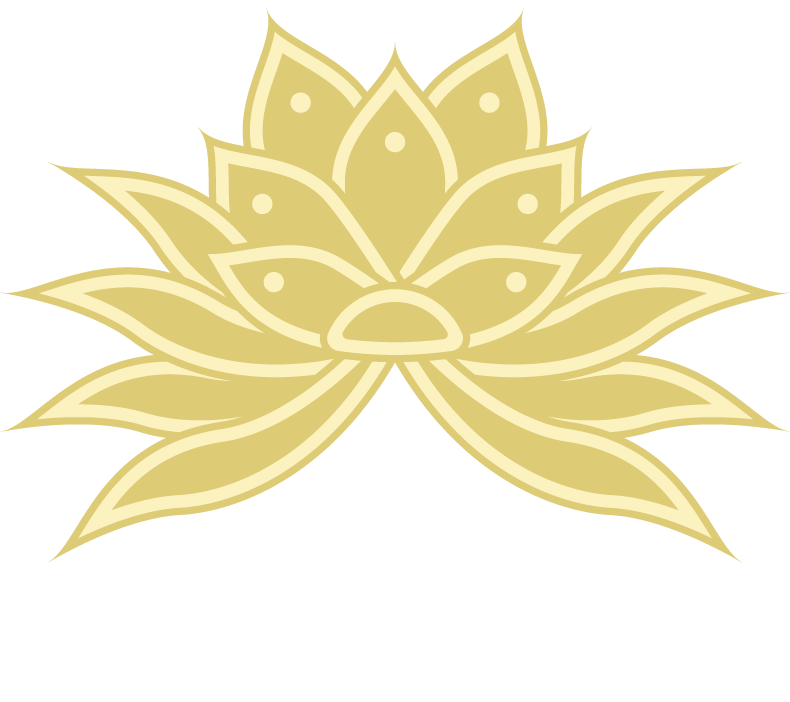Ruby Retreat is an educated blend of therapies.
Ko ngā huarahi
Therapies
The type of sessions and therapies offered by our team are gentle but effective, supporting safe change/evolution for our participants.
This is what we offer at Ruby Retreat
Compassionate communication
We believe it is so important to listen to one another and allow free expression, from here, we can grow into our own likeliness. Through addiction, we have weakened relationships, and have lost the ability to be honest and clear with ourselves and others. By not expressing our needs or upsets we have used addiction to escape, “getting in touch with unmet needs is important to the healing process.”
Marshall B. Rosenberg, PhD
Here we practice Nonviolent Communication (NVC) or compassionate communication, a practice derived from client-centred therapy, which openly invites clients to tell their story, when ready, allowing them to discover who they are with the therapist/facilitator. The facilitator does not give advice, diagnose, blame or agree. Instead, they hold the space for the client to discover their vulnerabilities and in the process, empathise with others. Our hope is that through the use of NVC sessions, we can increase our ability to live with choice, meaning, and connection.
“Our goal is to create a quality of empathic connection that allows everyone’s needs to be met.”
Marshall B. Rosenberg, PhD
Client-centred & strength-based therapy
Client/person-centred therapy was derived from Carl Rogers, a humanistic psychologist who believed that humans are fundamentally good, and inherently know what is best themselves. Client-centred therapy asserts that such a change in behaviour is born from an environment/atmosphere that a client feels comfortable communicating openly, without fear of judgement. Such an environment is achieved when the therapist facilitates under three basic conditions: congruence, accurate empathy, and unconditional positive regard. Allowing the participant to explore and express freely who they truly are, with the therapist accepting them exactly as they are.
Like client/person-centred therapy strength-based therapy is another form of positive counselling and psychotherapy that focuses and highlights internal strengths, whilst steering away from negative attributes. This positive focus can form a mindset that can encourage resilience, self-esteem and a positive outlook of themselves and others.
Meditation
We believe one of the most beneficial tools in the healing process is meditation. Meditation has been around for approximately 3,000 years, and as a natural tool, it can be accessed at any time, anywhere. Much research has been conducted around the benefits meditation has on the brain – with meditation building new neural connections, it has been proven we can rewire the brain.
Since meditation means ‘familiarisation of the mind’ it can help to notice internal triggers and, as a result, it may be able to assist in ways that can prevent emotional hijacks. It is about listening and going within, rather than acting upon the busy mind that usually accompanies addiction. The benefits of meditation are massive, not only does it help to raise dopamine levels, it can improve self-confidence, self-control, and reduces fear and anxiety.
“Meditation is a process of lightening up, of trusting the basic goodness of what we have and who we are, and of realising that any wisdom that exists, exists in what we already have. We can lead our life so as to become more awake to who we are and what we’re doing rather than trying to improve or change or get rid of who we are or what we’re doing. The key is to wake up, to become more alert, more inquisitive and curious about ourselves.”
Pema Chödrön
Family constellation
Family Constellation is based on the understanding that a family is a system of place and energy and where we stand in that system is important. Love is the energy that binds and holds family and this love often gets disturbed and then lost. There may be times that we behave in ways that make no sense, we have symptoms that we don’t understand, feel feelings that make our lives difficult, struggle with people we love, see the pain in our inner family and often feel pushed along by events beyond our control. In family constellations, we can see how specific members are linked to our unconscious ways. We can unravel stuck energy and negative ties that run families’ behaviour and actions. Individuals can arrive at a place of deeper knowing and more peaceful ways of relating. Constellation work produces a deep change in the feelings and attitudes of all family members from which further healing can come. This non-intellectual therapy applies to all cultures, gently and naturally adjusting wherever it is taken. It is powerful and deep work that reaches beyond the personality level of living and touches the soul.
Yoga
By using breath and movement, we hope to release that which doesn’t serve us. Through practitioner-led classes, we are guided in a cognitive, somatic practice. As the definition of yoga is ‘union’ or ‘integration’ it is an integral part of wellness at Ruby Retreat – the combination of breath and movement allows us to rebuild the connection to ourselves, then others, and maintain optimal wellbeing.
Bodywork (massage & reiki)
When recovering from drug or alcohol abuse, stress hormones rise as dopamine and serotonin levels drop. Massage and reiki can be beneficial by raising endorphin levels in the blood to help equalise this imbalance. The stress on the body resulting from alcohol/drug abuse is immense, causing tight muscles, and various aches and pains. Bodywork can assist in relieving such stress, whilst elevating the immune system and general well-being.
Acupuncture (NADA protocol)
The National Acupuncture Detoxification Association (NADA) protocol, also known as acudetox, originally designed for use in acute heroin withdrawal, has become a remarkably effective tool applied to many populations receiving behavioural healthcare and primary healthcare. Not a replacement for other modalities, the NADA protocol is always understood to be best utilized in an integrated setting with the right match of bio/psycho/social/spiritual supports and interventions.
Here at Ruby Retreat, the combined application of acupuncture with counselling and 12 step programmes enhances the healing from emotional trauma and addiction.
Breathwork
Breathwork is a general term for various breathing techniques used to promote physical, mental, emotional and spiritual wellbeing. Conscious Connected Breathing is a powerfully transformative tool, that supports a client in accessing their essential nature and in developing their true potential. It supports us to clear unresolved issues, dissolve limiting beliefs and free ourselves from the unhealthy hold that some past events have on our lives.
Adventure therapy
Adventure Therapy (AT) is an approach that facilitates adventure activities, often in a group setting, to guide positive and long-lasting personal and interpersonal change. Core elements of AT are the use of outdoor activities, connection with nature, and experiential learning strategies to enable learning and growth. Through supported engagement with challenges and processing the resultant emotions at the moment, individuals are able to find inner resources, and focus on strengths and possibilities, and alter old behavioural habits. It can help us connect deeply with ourselves, each other and the natural world we are part of/ te ao tūroa.
When AT is facilitated by a trained professional such as an Occupational Therapist, it has been shown that AT has can support those challenged by addiction to live a more meaningful and positive life. So you may find yourself in the sea, beach or native bush at the Ruby Retreat Centre, but always surrounded by support and awhi!
E tū kahikatea, Hei whakapae ururoa, Awhi mai, awhi atu, Tātou, tātou ē
Art therapy
Utilising art therapy as a recovery tool allows clients to work through painful emotions in a creative way; learning to choose creativity in challenging times. The introverted nature of art therapy also enables one to work through emotions without words. The creation of an art piece can restore identity and self-esteem in a safe and empathetic environment.
This work can allow the participant to activate trauma, and use the pleasant feeling associated with creativity to resolve issues and find peace and joy. Feelings of anxiety and stress are alleviated when enjoying an artistic activity with the added bonus of being able to stay present as they create. After the participant experiences the possibility of mediating their emotions and traumas through art therapy, they may feel empowered and recognise they can utilise this approach when dealing with future stressors as an alternative to using drugs or alcohol etc.
12 step meetings & group work
“As the founder of Ruby Retreat, I honour the 12 step process, tools and the literature that are derived from Alcoholics Anonymous. I personally began my journey within the rooms of Alcoholics Anonymous in 2008. Since that time I have learnt much about addiction and recovery through my own experience, and through those that have been on a similar journey.
The tools and the programme are so practical in their use allowing meaningful recovery from most addictions such as food addiction/eating disorders, gambling, narcotics, sex addiction etc. This simple programme was created and founded by alcoholics; Bill Wilson, a stockbroker, and Dr Bob Smith. They met and discussed the nature of alcoholism and a possible solution. Apart from including the twelve traditions in 1946, which helped to give AA its present substance, structure, and unity, its message and structure have remained unchanged. This in itself is amazing, as studies have found that the programme not only helps people to abstain from alcohol but that those that are part of the fellowship have higher rates of sobriety compared to those that just undergo therapies (such as cognitive-behavioural therapy).
With the foundation of the 12 steps in place, we believe recovery is possible and we hope to share this journey with you so you too, can live a life of your wildest dreams.”
Seija Brogi – Ruby Retreat Founder
Our 3-day programmes are a collaboration of many proven modalities.
Whakapā mai













